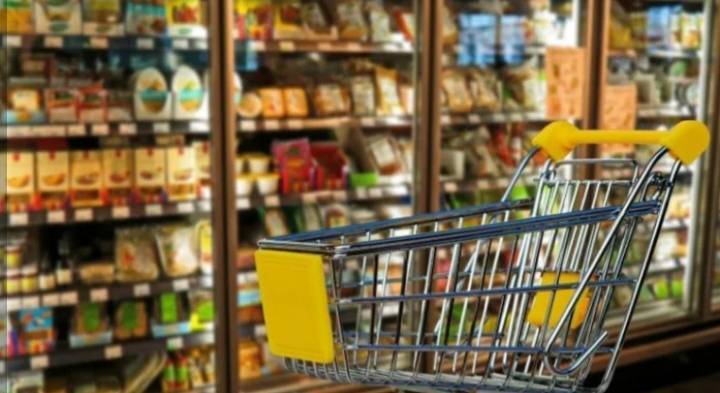As if the crises faced by the Lebanese people are not enough, depriving them of their basic rights to a decent living, the issue has now extended to their food. Economic and trade inspectors revealed the presence of products in local markets that do not comply with standards, ranging from negligence in preservation to fraud and greed aimed at making more profits.
Notably, the inspections in the Sidon area were surprising and broadened to include various sectors, no longer confined to supermarkets and food stores. Many shop owners did not adhere to the official pricing, arbitrarily raising prices under the pretext of significant fluctuations in the exchange rate of the US dollar in the black market, preparing to price goods accordingly and claiming it was for the benefit of customers.
This time, the inspections included dairy and cheese factories and various food stores, revealing negligence in the preservation of some items, fraud in others, and the sale of certain products marketed as Lebanese meat, which turned out to be refrigerated or spoiled Indian meat unfit for consumption. The Economic Affairs department documented violations and warned the owners to rectify the issues before taking further legal actions, including closure and sealing with a wax stamp.
Another interesting aspect was the quick response from some stakeholders issuing clarifying statements denying these occurrences. However, inspectors disclosed to "Nidaa Al-Watan" that economic raids were conducted with the coordination of security forces, including State Security and General Security, making them witnesses on the ground. Additionally, the Public Prosecution office in the south was contacted to take appropriate action, which could involve closure, seizure of goods, prevention of sale in the markets, or granting a three-day deadline to correct the issues, as well as drafting violation reports signed by the involved parties, ensuring that these actions were documented legally and securely.
Inspectors noted that one of the inspections revealed bacterial contamination with yeast and mold in the products, while another showed chemical tests indicating the presence of starch in labneh sold as homemade, made from fresh cow's milk. In a third case, products were non-compliant with health standards, with insects and flies found in the milk, leading to issuing violation reports without sealing them but granting the owners three days to correct them.
Sidonian citizen Mahmoud Al-Zaatari stated to "Nidaa Al-Watan" while purchasing a kilo of local meat, "I have been used to buying from this butcher because I am a regular customer. I haven't switched to cheaper options as others have, because everything that is cheaper than its market price raises many questions. I don’t want to risk food poisoning and end up paying the difference in hospital bills and medication."
Meanwhile, Rabi’ Al-Yemen mentioned, "I have been buying fresh milk for several months. My wife prepares labneh and cheese at home to safeguard our health. It's more economical and certainly better, especially amid ongoing crises, trust has vanished and ethics are a thing of the past."
Medical sources confirm that many citizens have recently reported experiencing diarrhea and vomiting due to consuming spoiled food or improperly stored items, particularly with the ongoing power cuts during hot weather. Although these cases decreased with the cooler weather, food poisoning incidents persisted, some requiring treatment in hospitals and others at home.




